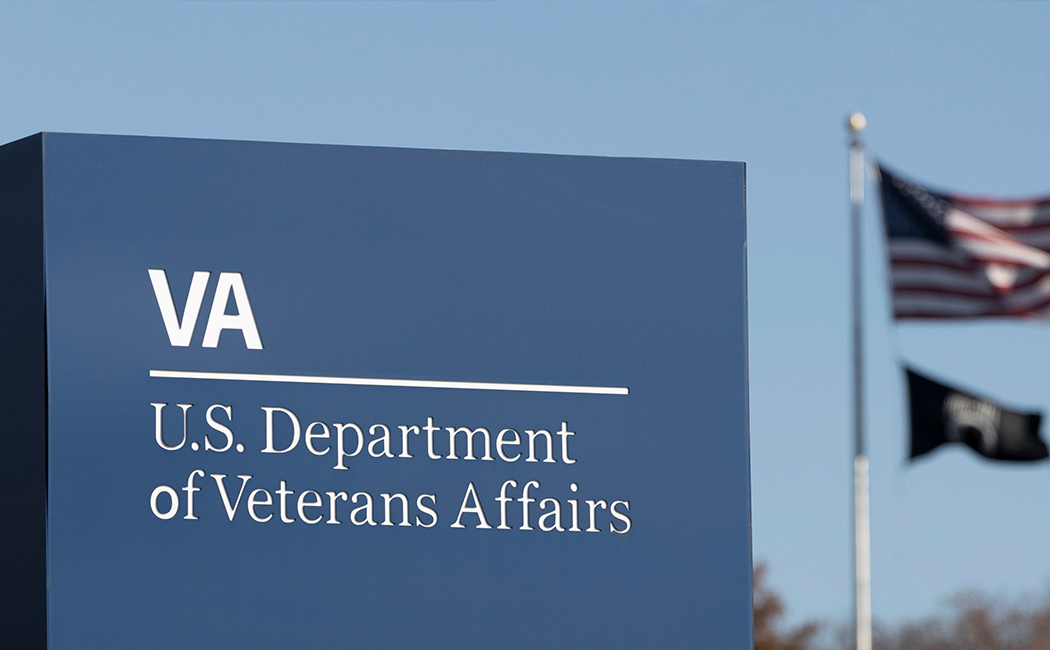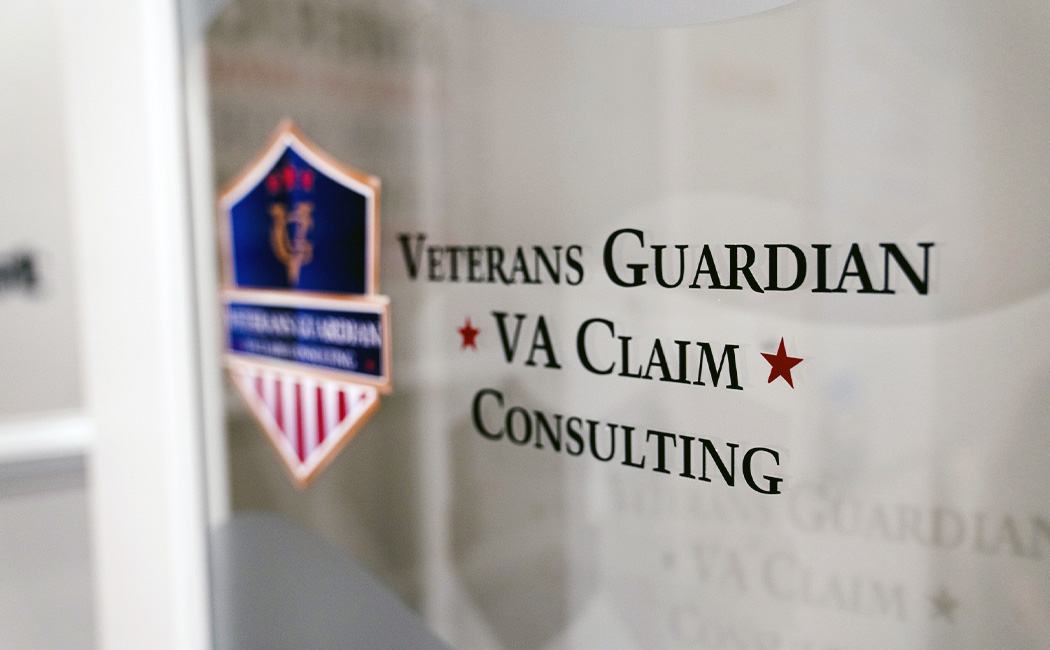From Layoffs to Benefits: How Recent VA Changes May Affect Your health care Access
As a Veteran, staying informed about changes in the Department of Veterans Affairs (VA) is crucial for ensuring you receive the care and benefits you’ve earned. Recent developments have brought both challenges and opportunities for Veterans seeking health care access. Let’s explore these changes and their potential impact on you and your family.
VA Workforce Reductions: What You Need to Know
The VA has recently undergone significant workforce reductions, which may affect the delivery of health care services:
- An estimated 6,000 Veterans have been laid off across the federal government.
- Thousands of jobs at the VA have been lost due to a hiring freeze and layoffs.
- Nearly 2,500 VA workers have been laid off, with a hiring freeze in place.
These cuts raise concerns about the VA’s ability to provide timely and adequate care to Veterans. However, the VA is implementing strategies to mitigate these effects.
Modernization Efforts to Improve health care Access
Despite workforce challenges, the VA is rolling out several initiatives to enhance health care access:
Expanded Telehealth Services
Veterans with mobility issues or those living in rural areas will benefit from an expanded telehealth program. This initiative allows for routine appointments and even some disability evaluations to be conducted remotely, improving access to care.
Priority Access for Toxic Exposure Veterans
Veterans suffering from conditions related to burn pits, Gulf War Syndrome, and radiation exposure will receive priority access to VA medical care. This aligns with ongoing efforts under the PACT Act to ensure timely care for affected Veterans.
Increased Mental Health Support
More funding is being allocated for mental health services, including PTSD treatment, substance abuse recovery programs, and suicide prevention efforts. This expansion aims to address the critical mental health needs of the Veteran community.
Changes in VA Leadership and Policies
Recent leadership changes at the VA may influence health care policies:
- Former GOP Rep. Doug Collins has been confirmed as VA Secretary.
- New policies require eligible VA employees to return to full-time, in-office work, affecting nearly 96,000 workers (20% of VA staff).
These changes may lead to shifts in VA health care priorities and service delivery methods.
Navigating health care Access in Light of Recent Changes
Given these developments, here are some steps Veterans can take to ensure continued access to quality health care:
- Stay Informed: Regularly check the VA website and official communications for updates on health care services and policies.
- Explore Telehealth Options: If you live far from a VA facility or have mobility issues, inquire about telehealth services for your health care needs.
- Review Your Priority Group: Ensure your priority group status is up to date, as this can affect your access to certain services.
- Consider Community Care: If VA wait times are long, you may be eligible for community care through non-VA providers.
- Utilize Mental Health Resources: Take advantage of expanded mental health services, including telehealth options for counseling and therapy.
The Role of VA Claim Consulting in Securing Your Benefits
While these changes unfold, it’s more important than ever to ensure you’re receiving all the benefits you’ve earned. This is where Veterans Guardian can assist:
- Our team of experts stays up-to-date on VA policy changes and can help you navigate the evolving landscape of Veteran benefits.
- We provide personalized strategies to maximize your VA disability rating, which can affect your priority for health care services.
- Our success rate in increasing client disability ratings demonstrates our expertise in helping Veterans secure the benefits they deserve.
Looking Ahead: Preparing for Future VA Changes
As we move through 2025, staying proactive about your VA benefits and health care access is crucial. Here are some final tips:
- Keep your contact information up to date with the VA to ensure you receive important communications.
- Consider filing for an increased rating if your service-connected conditions have worsened.
- Stay engaged with Veteran communities and advocacy groups to stay informed about policy changes and available resources.
Conclusion
While recent VA changes present challenges, they also bring opportunities for improved health care access through modernization efforts. By staying informed and proactive, and seeking expert assistance when needed, you can navigate these changes successfully.
At Veterans Guardian, we’re committed to helping you maximize your VA benefits and ensure you have access to the health care services you need. Whether you’re dealing with the impacts of VA workforce reductions or exploring new telehealth options, we’re here to support you every step of the way.
Remember, you’ve earned these benefits through your service and sacrifice. Don’t hesitate to seek the assistance you need to ensure you’re receiving everything you’re entitled to. Together, we can navigate the changing landscape of VA health care and benefits, ensuring you receive the care and support you deserve.










